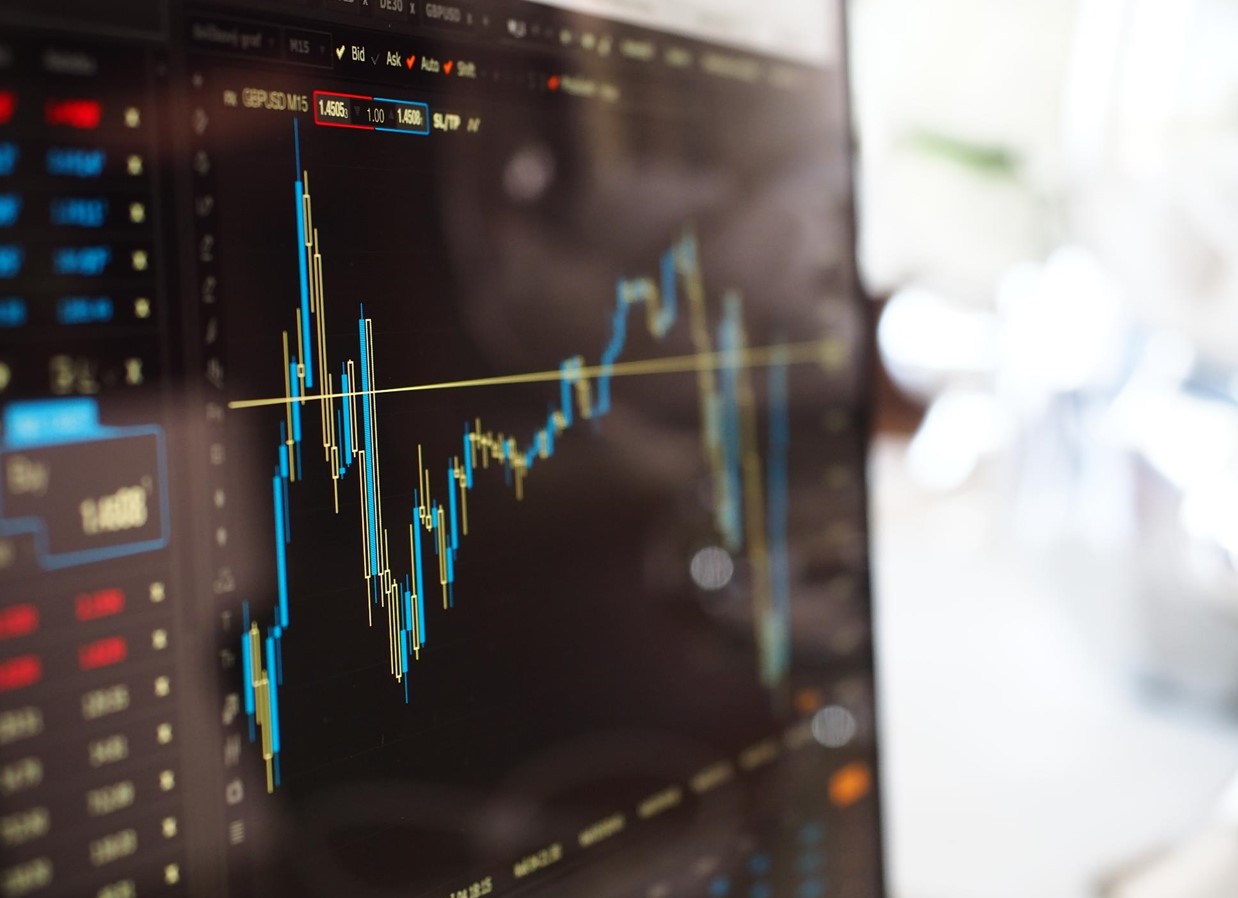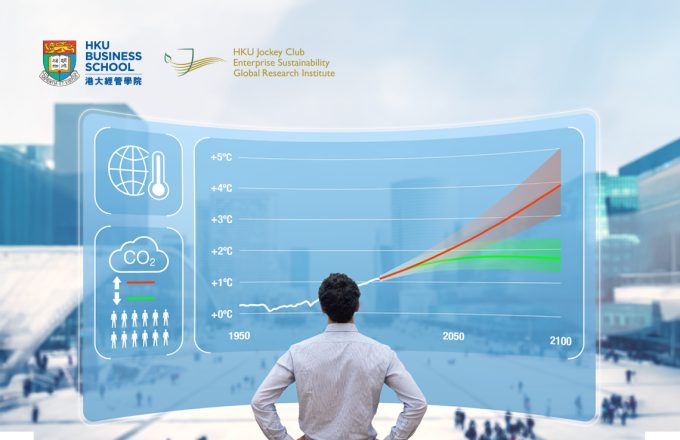Casting a Light on Dark Venues

Increased trading in dark venues around earnings announcements offers advantages to businesses and markets that can allay regulators’ concerns
When traders change their trading behaviour, it’s usually worth a closer look.
In recent years, trade in dark venues has increased. Also known as dark pools or alternative trading systems, dark venues are privately organized electronic trading platforms. They are often run by brokers and dealers who match buy and sell orders without the intermediation of market makers. Unlike public exchanges, or “lit” venues, trades on dark venues are not publicly displayed and information on orders is only shared after the trade has been executed and reported. Dark venues also differ from exchanges in that the majority of trades take place at the midpoint value.
A new study finds that trades in dark venues increase in the weeks around earnings announcements because there are good incentives for both businesses and traders to deal there. And in findings that may help alleviate some of regulators’ concerns, the choice of dark venues over lit venues has a measurable and positive impact on market quality and financial transparency.
Dark venues emerged in the 1980s following a new regulation by the Securities and Exchange Commission in the US (SEC). More competition and the growth in online trading led to an increase in their numbers. Over the last decade, the volume of trading on dark venues as a percentage of total trading has increased rapidly, reaching 14.6 percent in November 2019, up from just 5 percent in January 2008.
The pace of growth has brought more attention to dark venues and has led to regulatory concerns that dark venues could damage market quality and transparency. Now, the results of a new report – “Dark Market Share around Earnings Announcements and Speed of Resolution of Investor Disagreement” – may alleviate some of these concerns. The results show that the increased use of dark venues around earnings announcements encourages financial transparency and boosts market quality.
The Appeal of Dark Venues
Trading in dark venues offers important advantages to traders both large and small. While institutional investors trading in block trades made up the bulk of dark venue users when they first emerged, dark venues are now also used by other investors to carry out smaller trades.
When traders are making a trade that is large enough to move the market, choosing a dark venue means they can usually avoid price fluctuations. For example, if a seller is trying to sell a large number of shares of a security on a public exchange, news of the trade would likely cause the security to lose value before the seller can find buyers for all the shares. That is unlikely to happen on a non-public platform. The private nature of dark venues keeps trades and trading plans off public exchanges, making prices less volatile and allowing traders to maintain anonymity and keep their trading positions and strategies confidential.
As well as privacy, dark venues offer more attractive prices. Unlike exchanges where prices fluctuate, most trades in dark venues are executed at the midpoint price, giving traders a better price outcome.
Choosing a dark venue gives traders access to a platform where specialized traders and brokers congregate, increasing the likelihood of a trade. Trades are also typically completed faster on private platforms, which can give traders an edge in taking advantage of fast-moving market opportunities.
While dark venues are regulated, they sometimes operate under different and often more flexible regulatory frameworks than public exchanges. For example, unlike lit venues, dark venues are permitted to restrict access to certain traders such as institutional investors or high-frequency traders to protect traders from predatory trading.
Impact of Dark Venues
One of the key findings of the new study is that dark venues are more heavily used by traders in the weeks before, during and after earnings announcements. Earnings announcements are an obligatory, official public statement of a firm’s profitability for a quarter or a year. The announcements are made during earnings season and are important corporate news that can have powerful effects on pricing.
Earnings season sees heavy volumes of trades on trading platforms of all types, which is reflected in the report’s findings. During the week of announcements, trading volumes increased by 47.5 percent, and by 14.5 percent in the week following announcements. What is new here is that dark venues see even greater increases during this period, growing by 60.9 percent and 15.4 percent, respectively.
“These findings suggest that the net benefits to trading in dark venues increase during periods of significant news events relative to non-announcement periods,” say the authors. “Such large increases in net benefits translate into increases in dark market share, ie, the ratio of trading volume executed in dark venues divided by consolidated trading volume. In particular, during the announcement week, dark market share increases from the mean of 15.6 percent to 16.8 percent, which represents an 8 percent increase relative to the mean dark market share. These findings are consistent with dark venues becoming more attractive to at least some traders relative to lit exchanges around earnings releases.”
The study also found an important impact on financial transparency. During the busy earnings announcement period, businesses that produce a higher quality of accounting information are more heavily traded in dark venues than other businesses. The difference is the level of information asymmetry in the financial information. With asymmetric information, one party – usually the seller – has more information about the deal than the other party. This may be due to access to expert knowledge, or insider information, for example. When both parties in a trade have access to the same information, the risk is lower.
Regulators have concerns that dark venues may be an uneven trading field due to a lack of transparency in the financial information of the securities being traded. In what should be a welcome finding for regulators, the study shows that firms have good reason to strengthen rather than weaken their financial transparency.
Before, during and after earnings announcements, traders in dark venues show a preference for trading in firms with higher quality accounting, the study shows. Firms that offer more transparency in their financial information, then, increase their prospects of being able to complete the typically bigger trades that take place in dark venues. This knowledge this can incentivize firms to improve or maintain the quality of their accounting information to enhance their appeal to investors.
Market Quality
When news affecting the value of a company or its shares is released during earnings season, investors have different opinions about the impact of the news based on their own calculations and knowledge. Reaching agreement can take time. Once investor disagreements are finally resolved, prices are less likely to fluctuate.
The speed of resolving investor disagreements is an important aspect of informational efficiency. Achieving a consensus around asset valuation is also important for market stability and enabling informed decision-making, which are also concerns of regulators.
In the study, a higher share of dark venue trades at earnings announcements coincided with a faster pace of resolution of investor disagreements. This suggests that dark market share increases could lead to improved market quality. A one percentage point increase in dark market share resulted in a 6 to 8 percent increase in market quality. While singling out a particular reason for the faster speed of resolution is difficult, the researchers note that the findings certainly show the importance of traders’ choice of venue and the related impact on informational efficiency during a major news event, such as earnings announcements.
Dark Venue Opportunities
Dark venues offer traders a combination of better and steadier prices, anonymity and better execution outcomes in terms of price, speed, efficiency and costs during earnings announcements. These are strong incentives for traders, but dark venues also offer advantages for other market participants.
Resolving investor disagreements more quickly results in a more stable and efficient market for all participants.
Businesses can gain a better understanding of the factors that influence trades by studying the changes in market dynamics and fragmentation during earnings announcements. Understanding the role of dark venues can help firms adapt to market conditions more efficiently, particularly by presenting investors with transparent financial information and minimizing accounting asymmetries.
Finally, understanding how and why trading patterns and behaviours change during earnings announcements can help inform regulators of exchanges and securities as they seek to build frameworks for efficient markets and a level playing field.
About this Research
Karthik Balakrishnan, Xanthi Gkougkousi, Wayne R. Landsman and Peeyush Taori (2022). Dark Market Share around Earnings Announcements and Speed of Resolution of Investor Disagreement. The Accounting Review 97(5) :1-28







